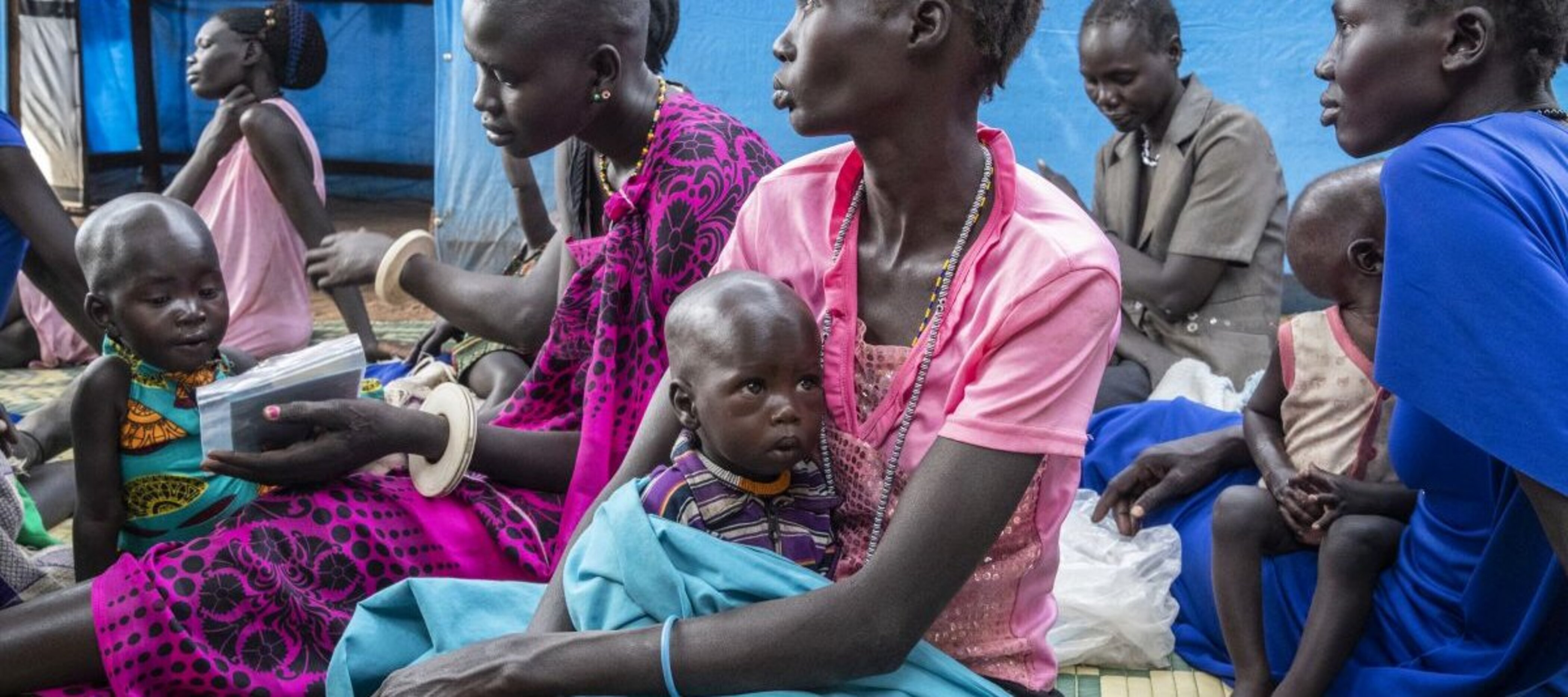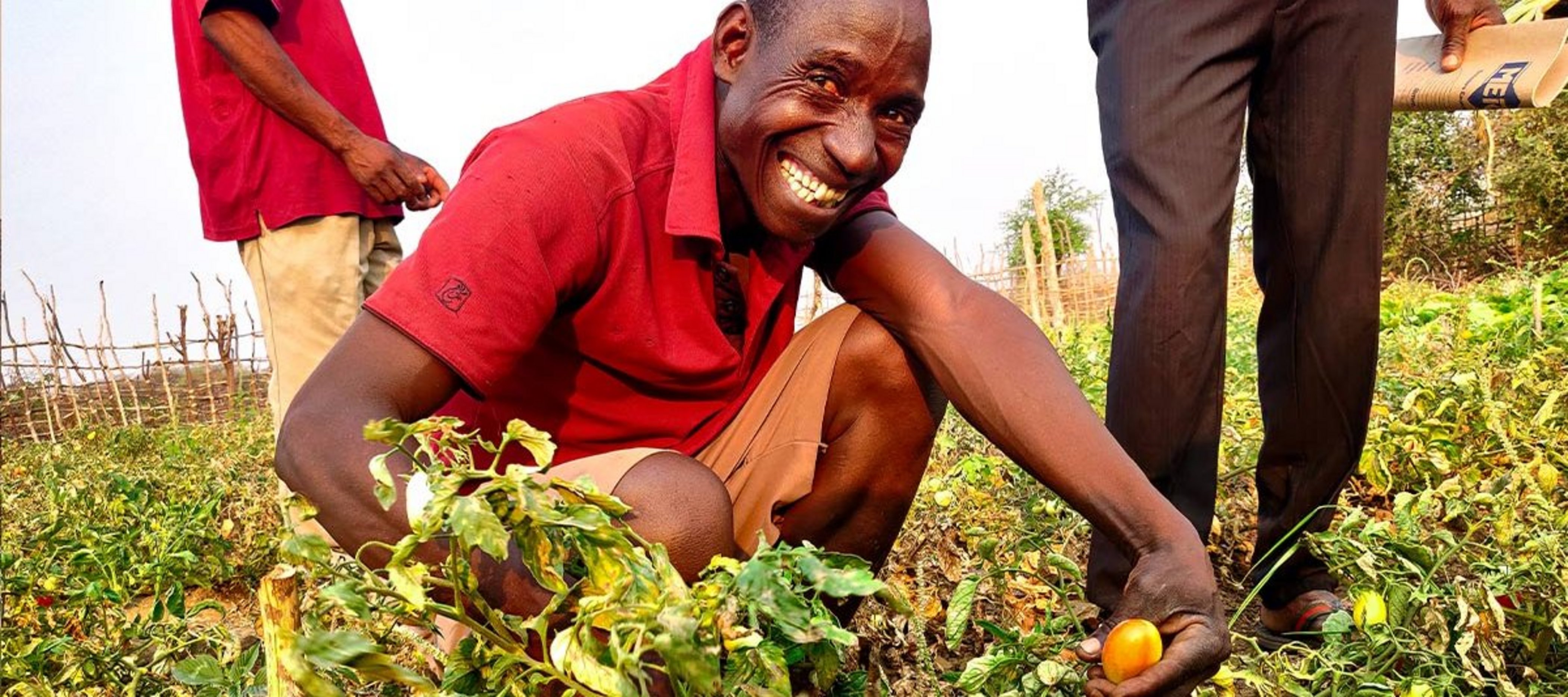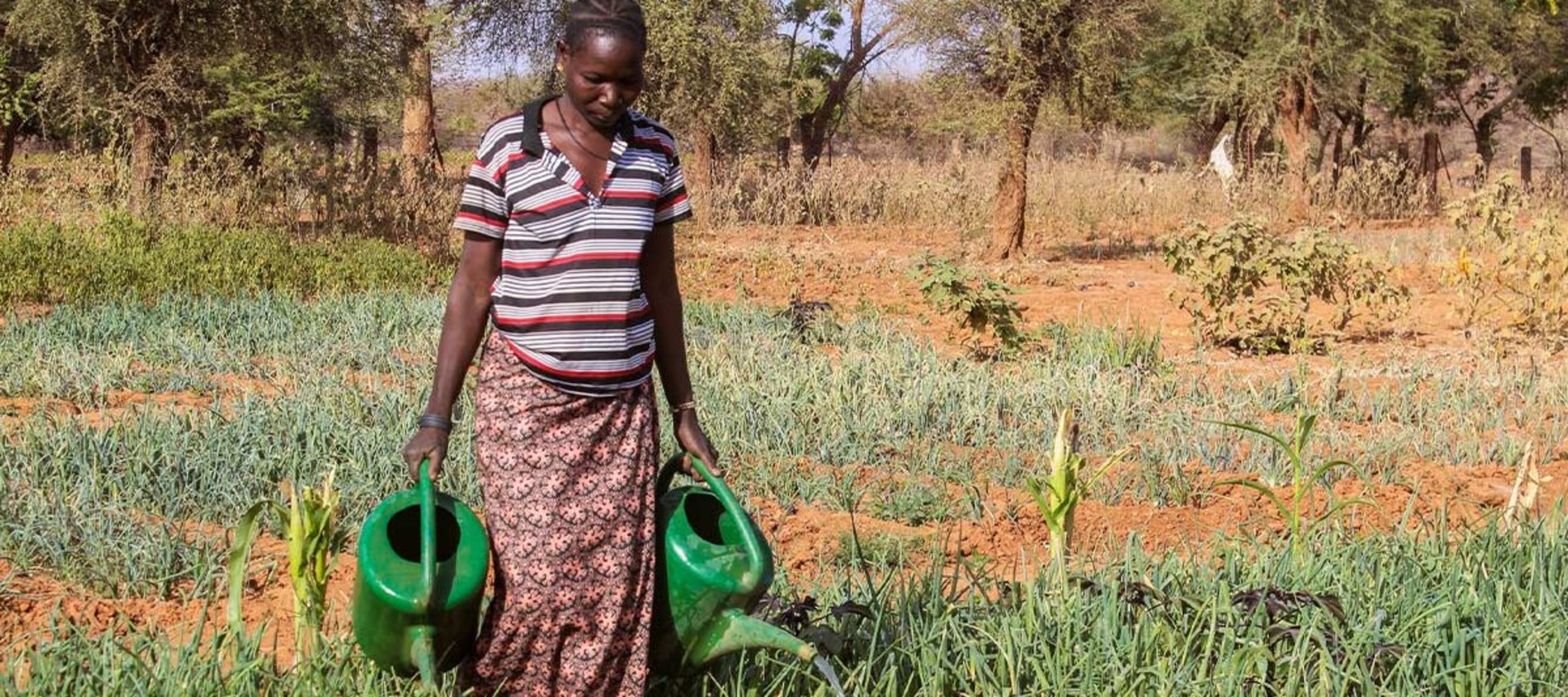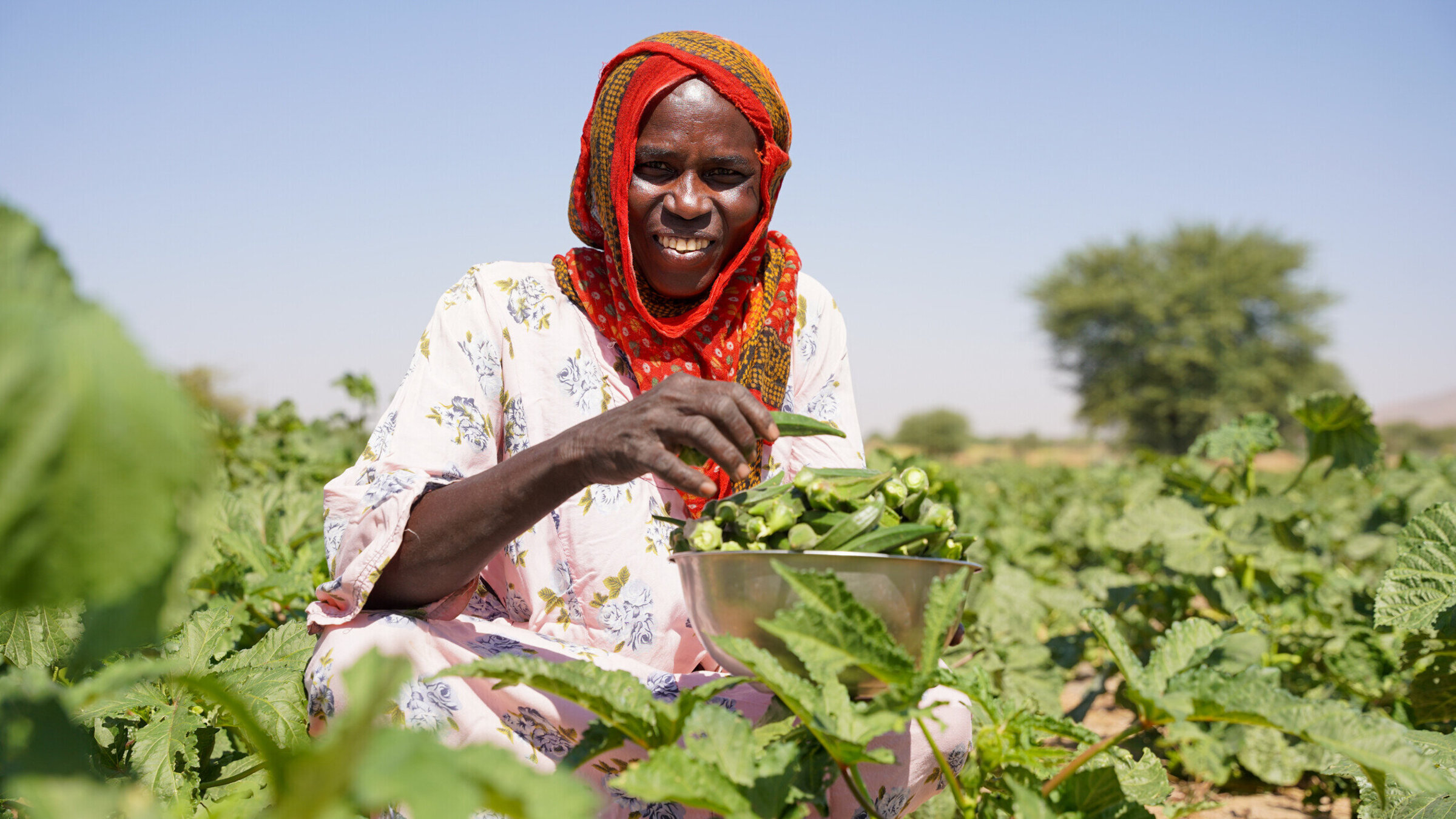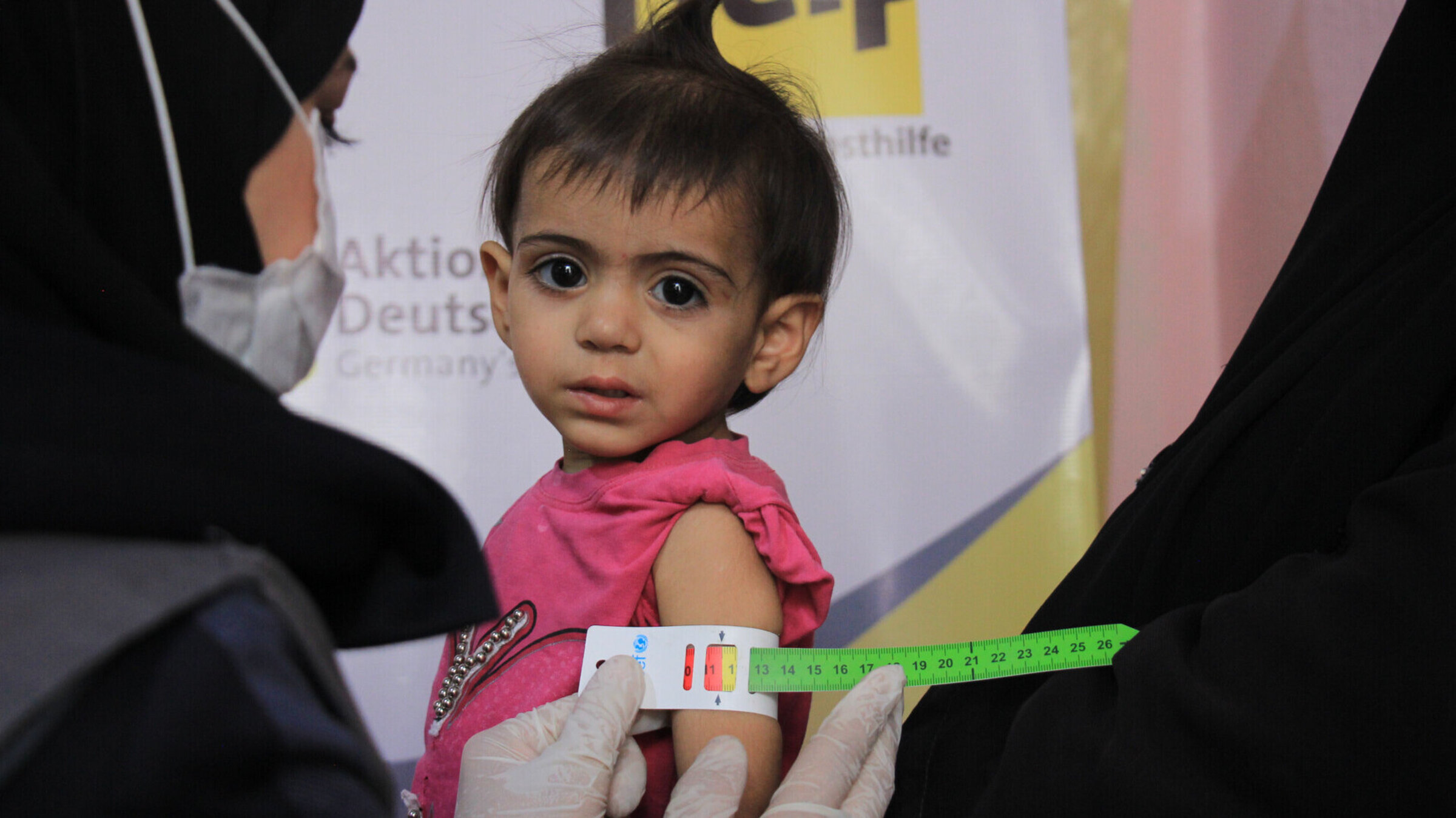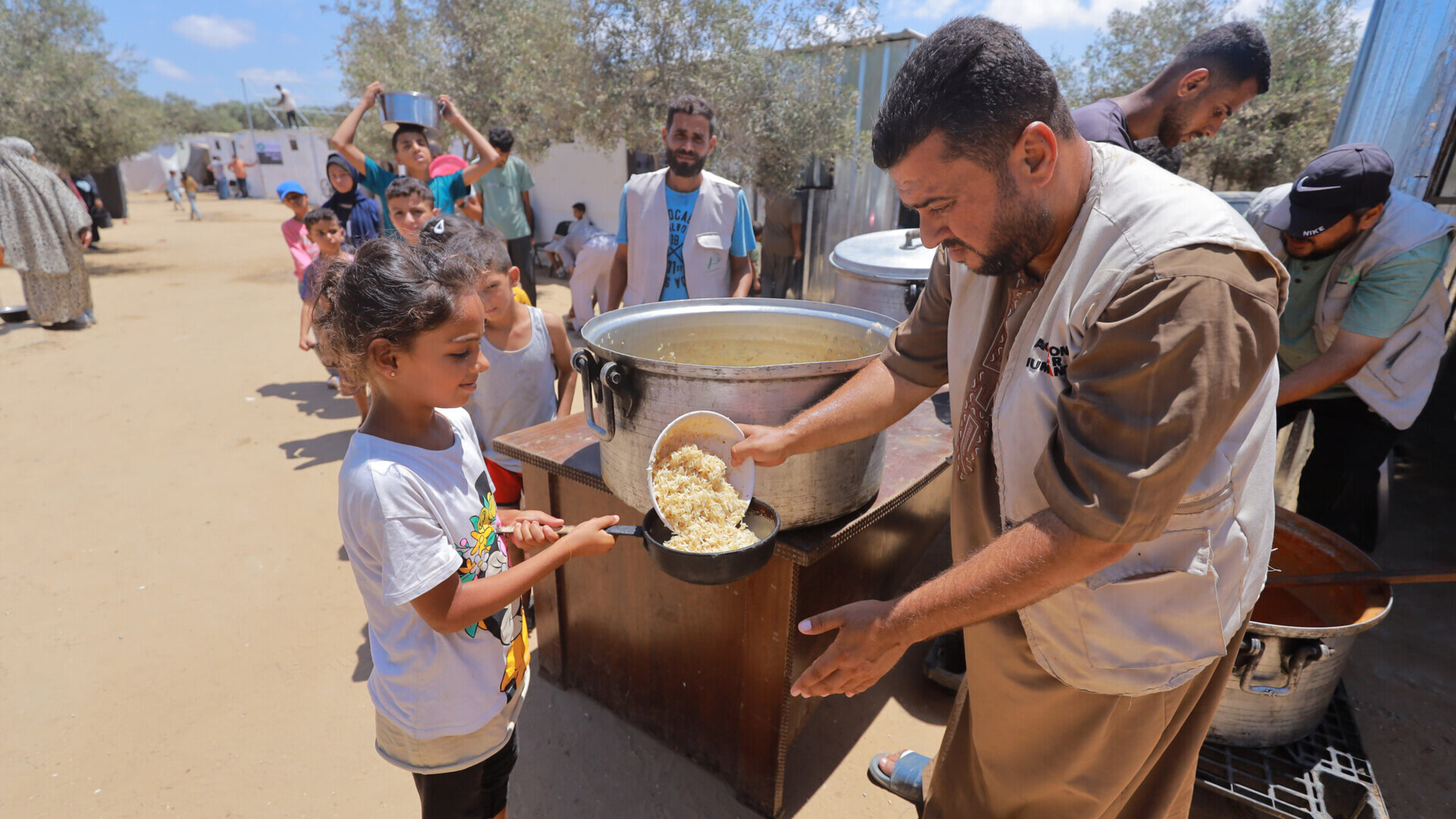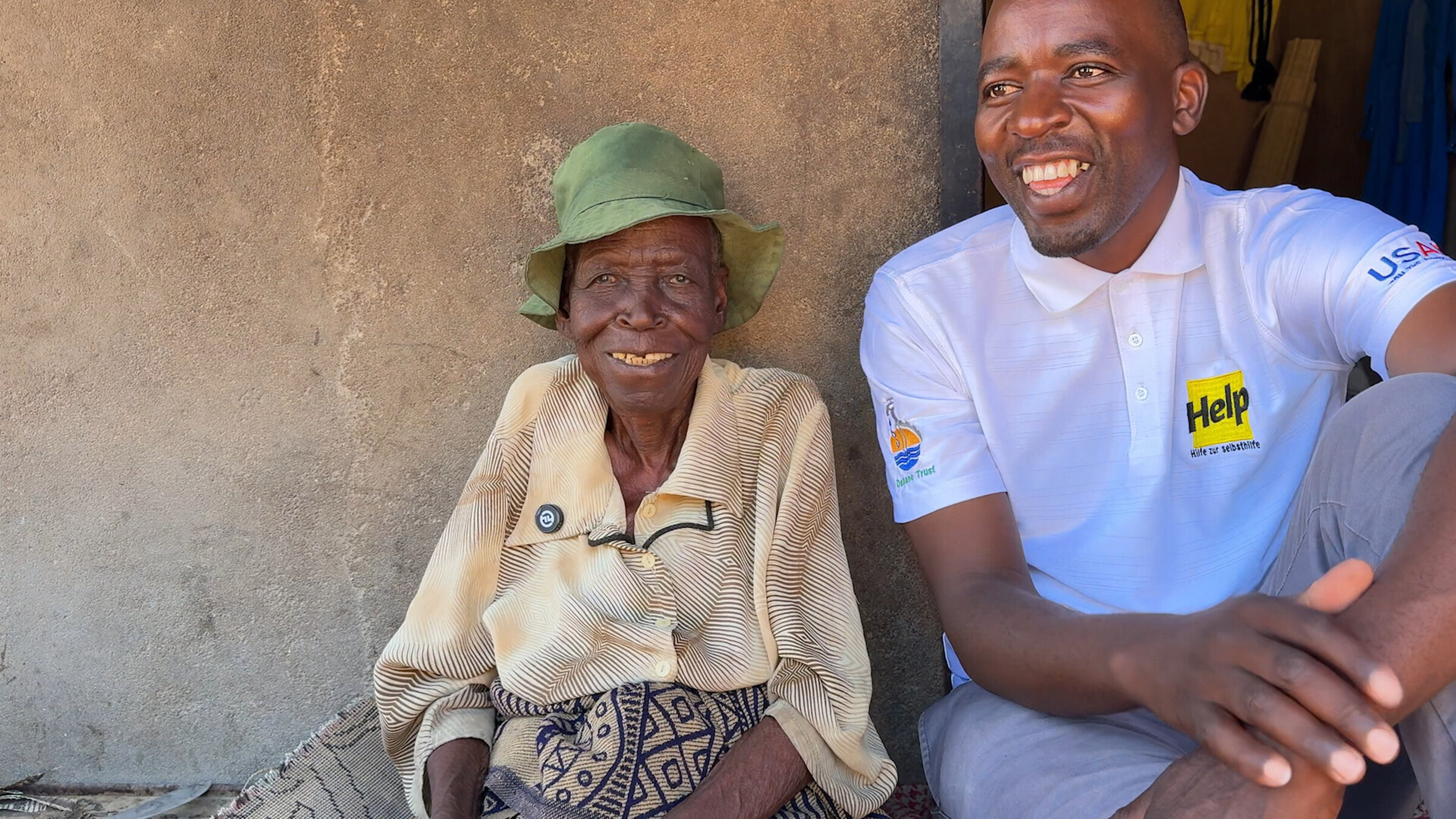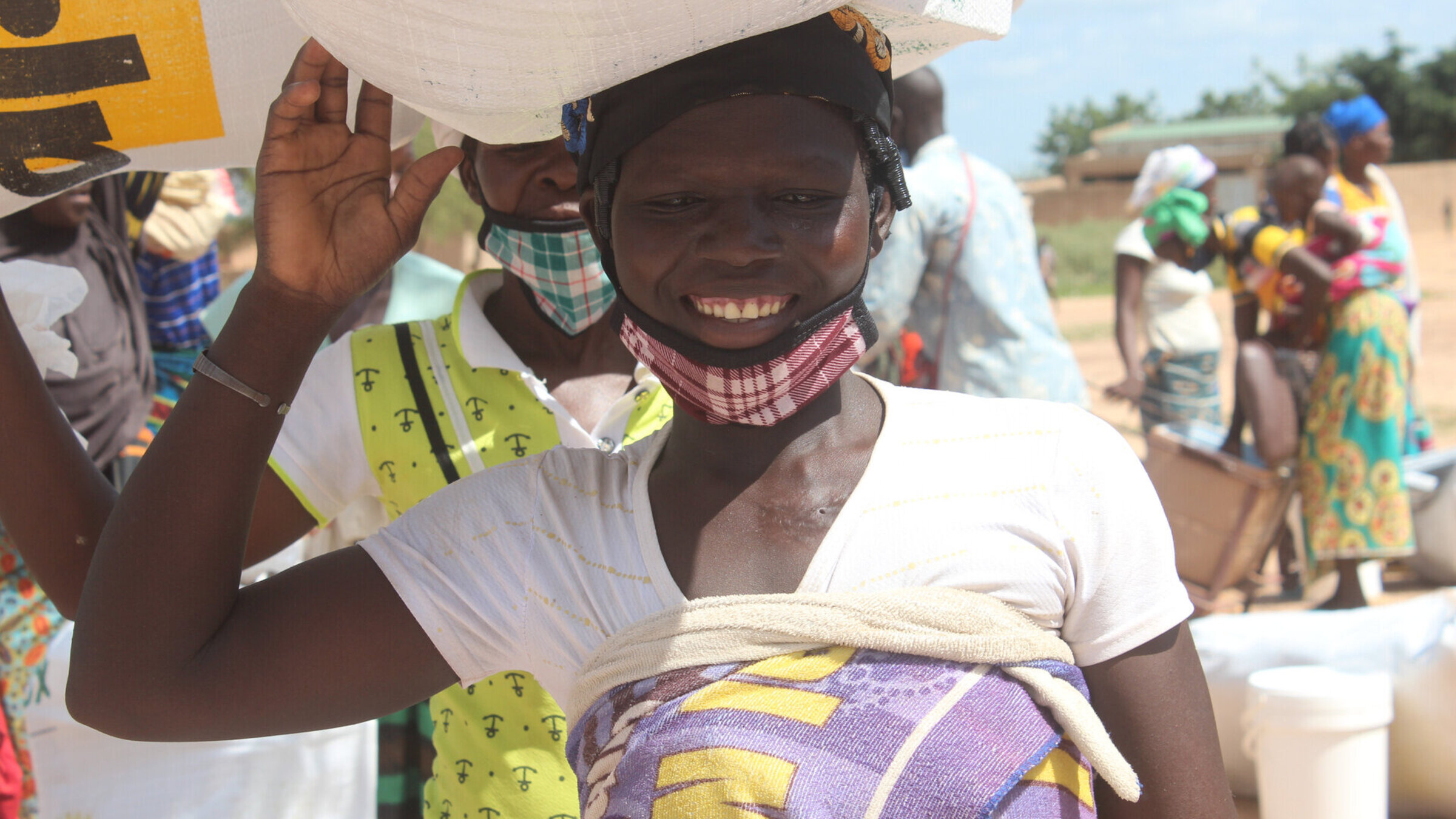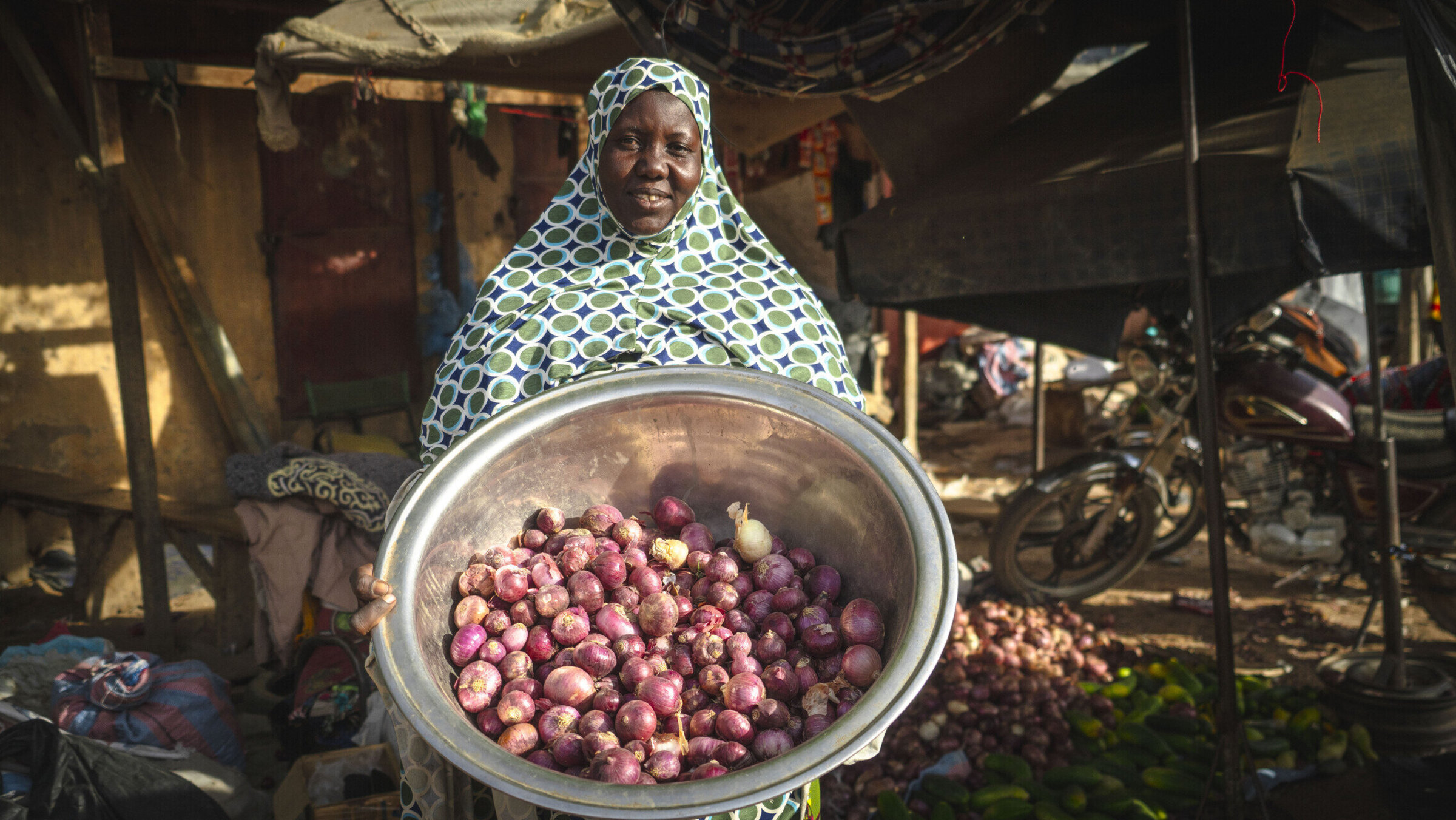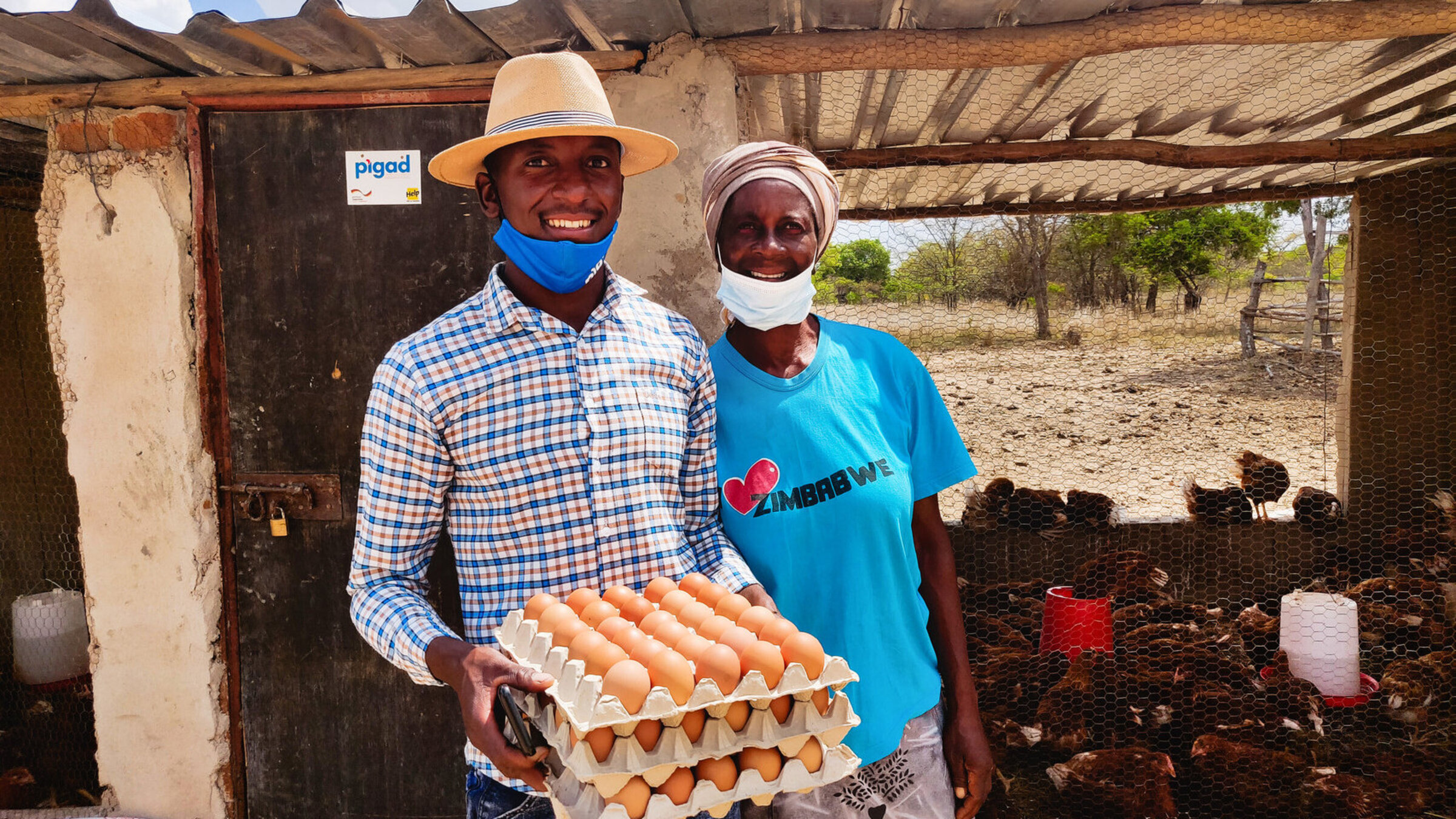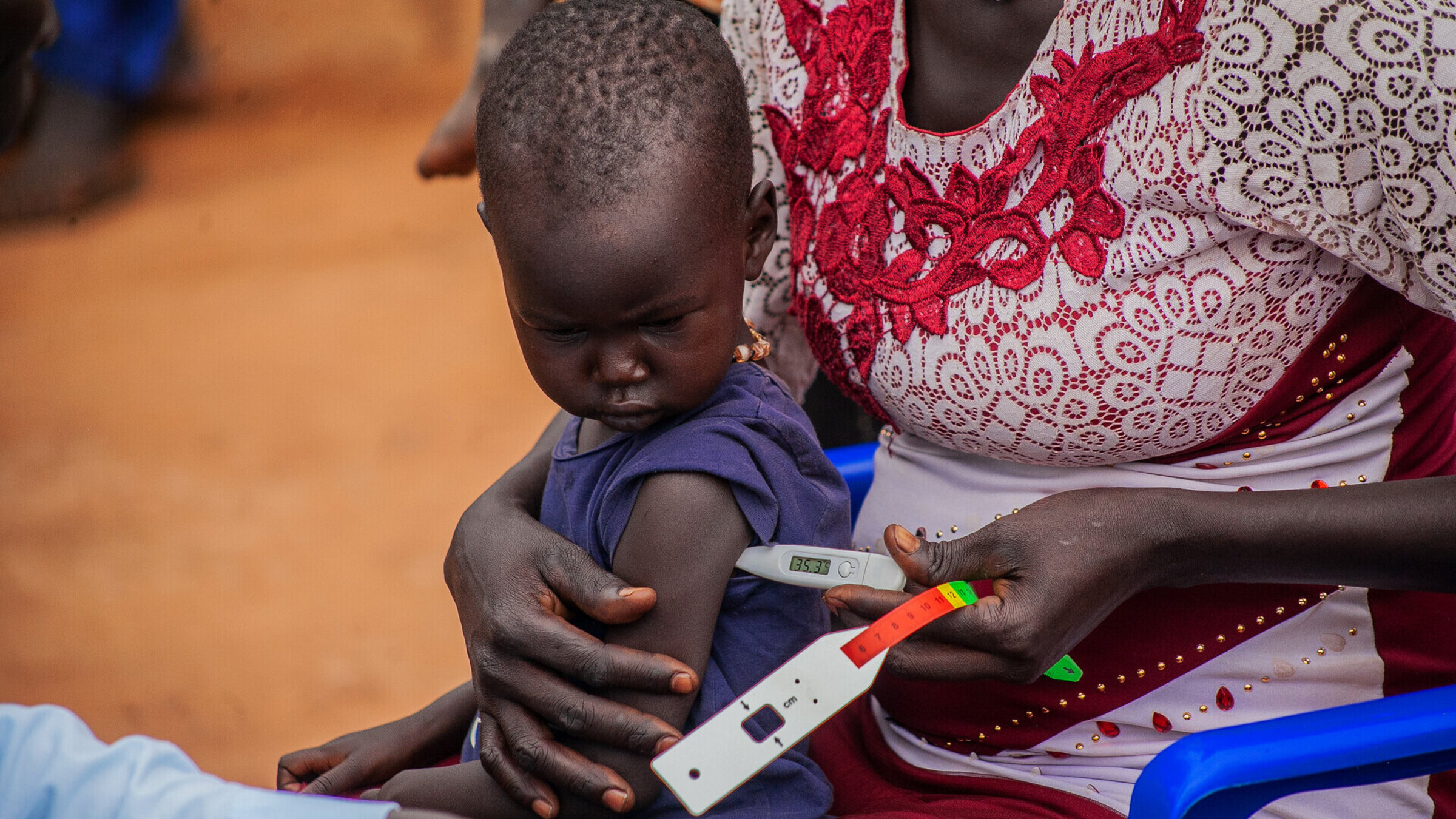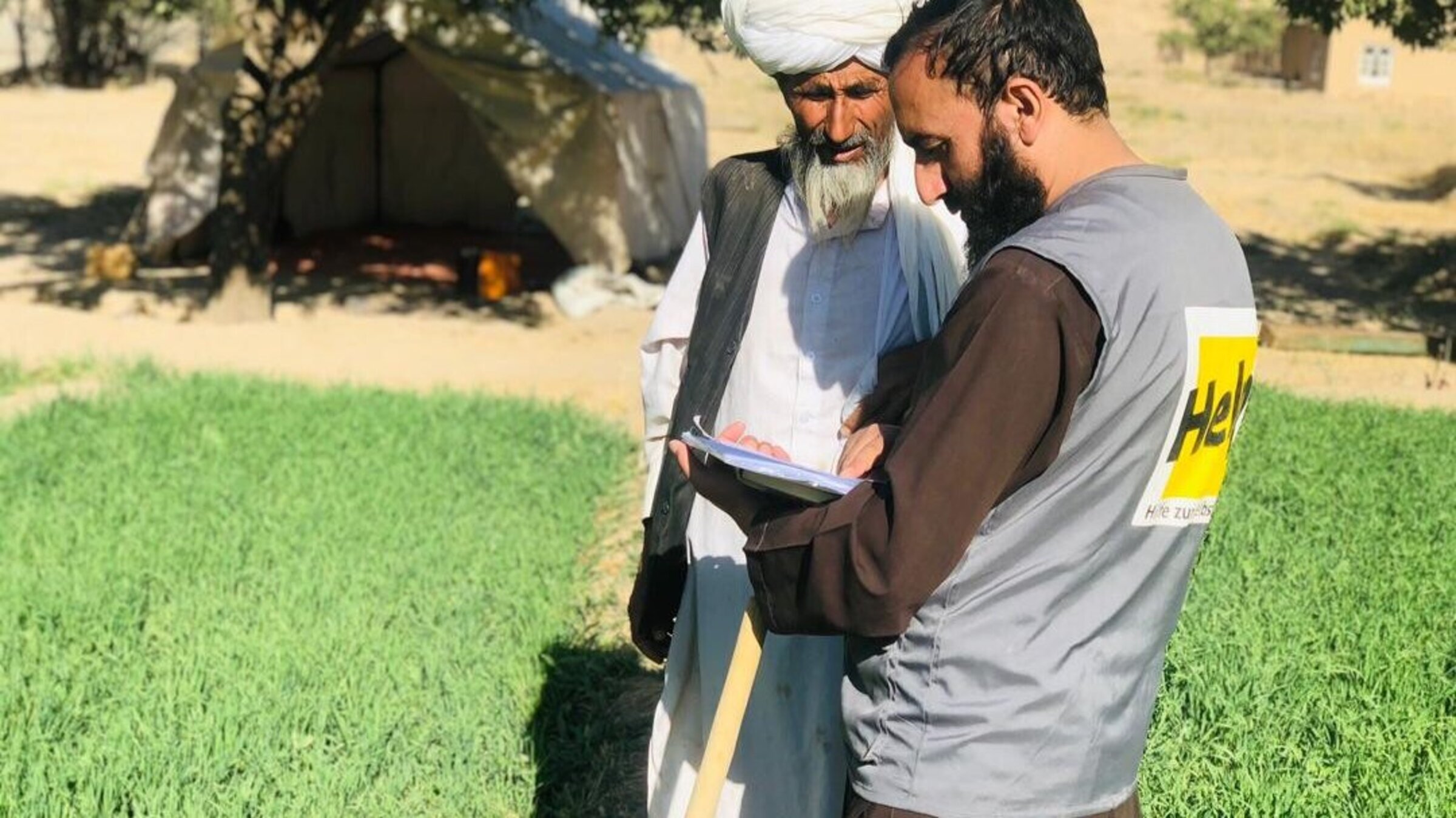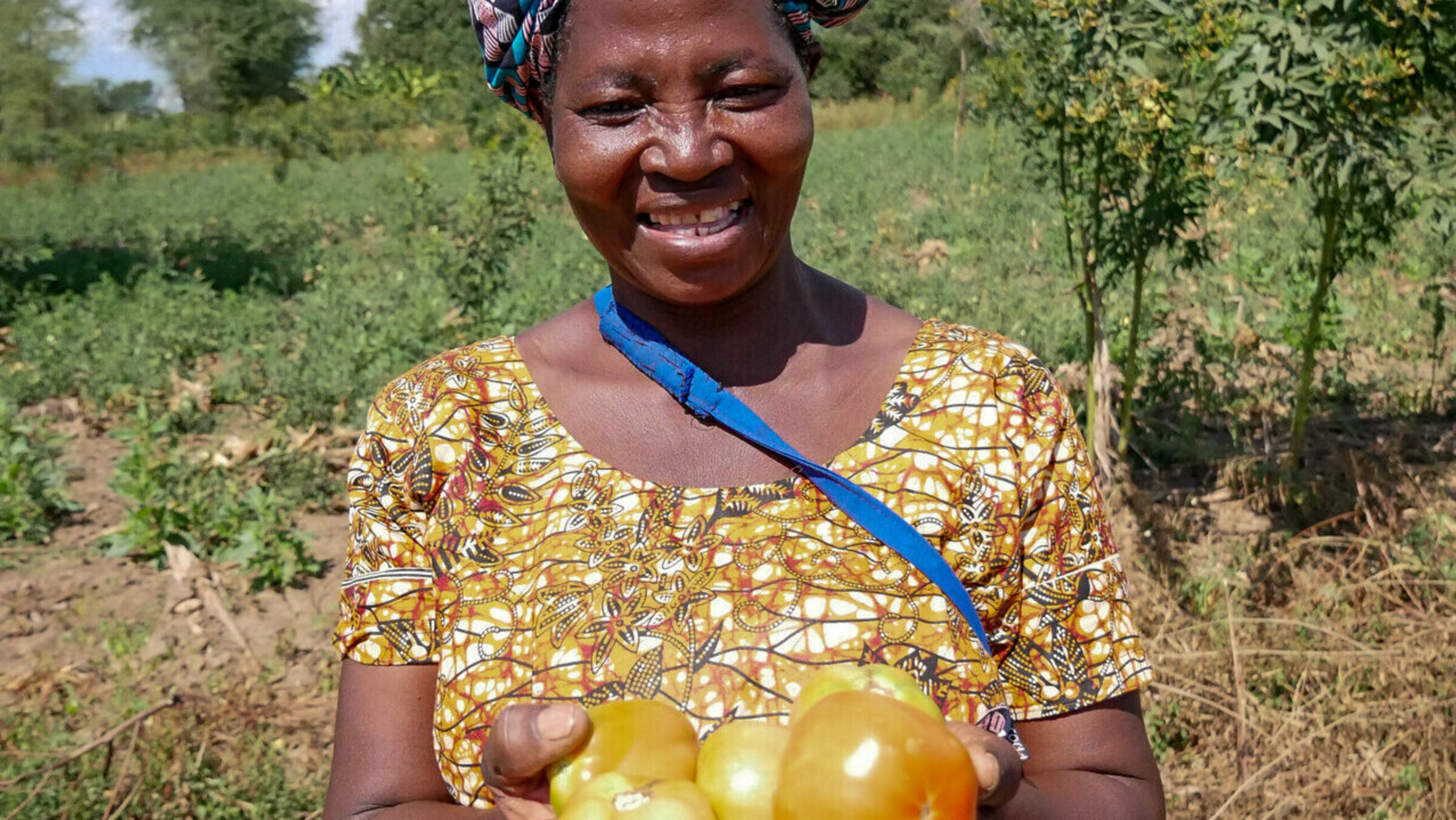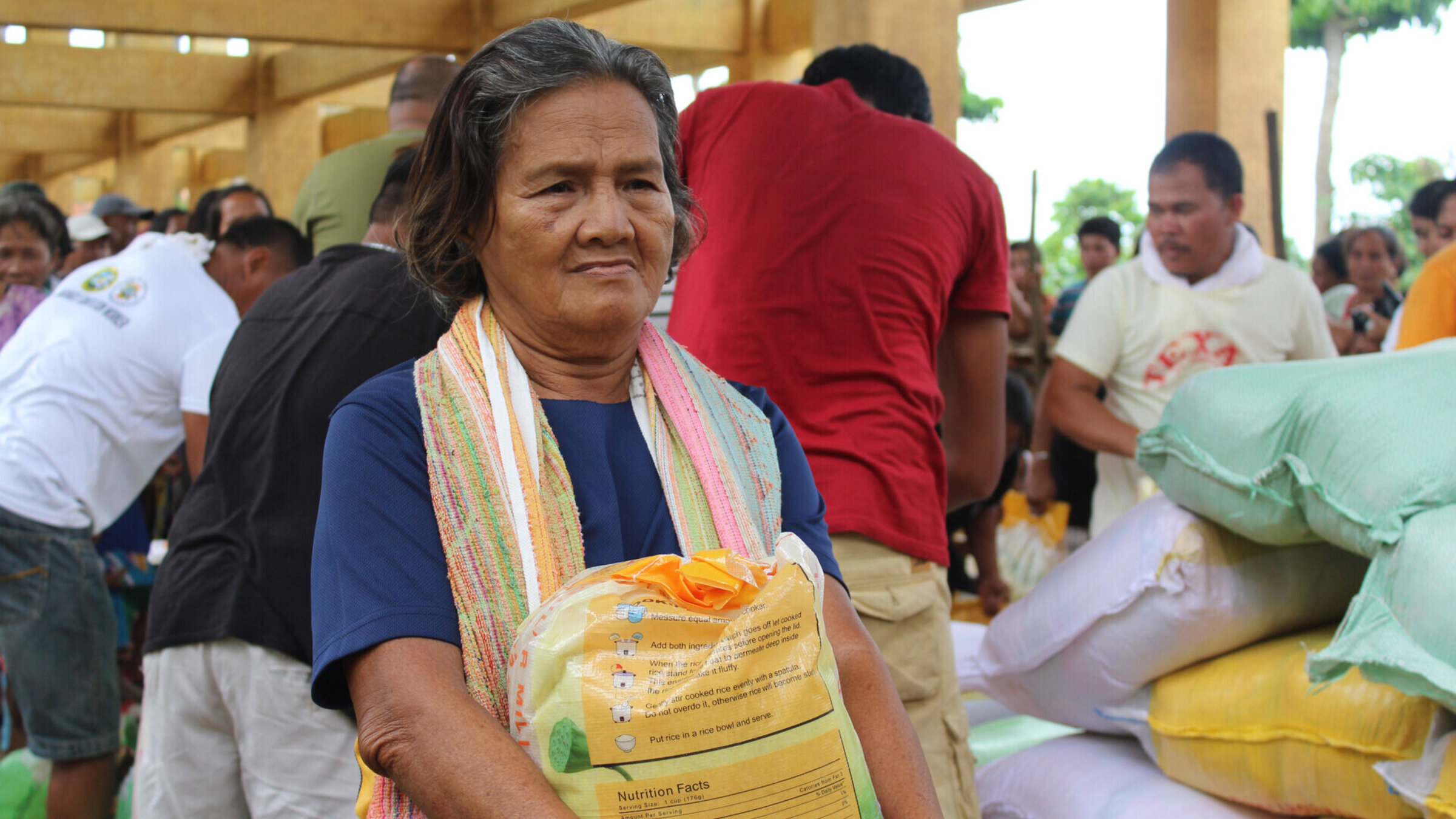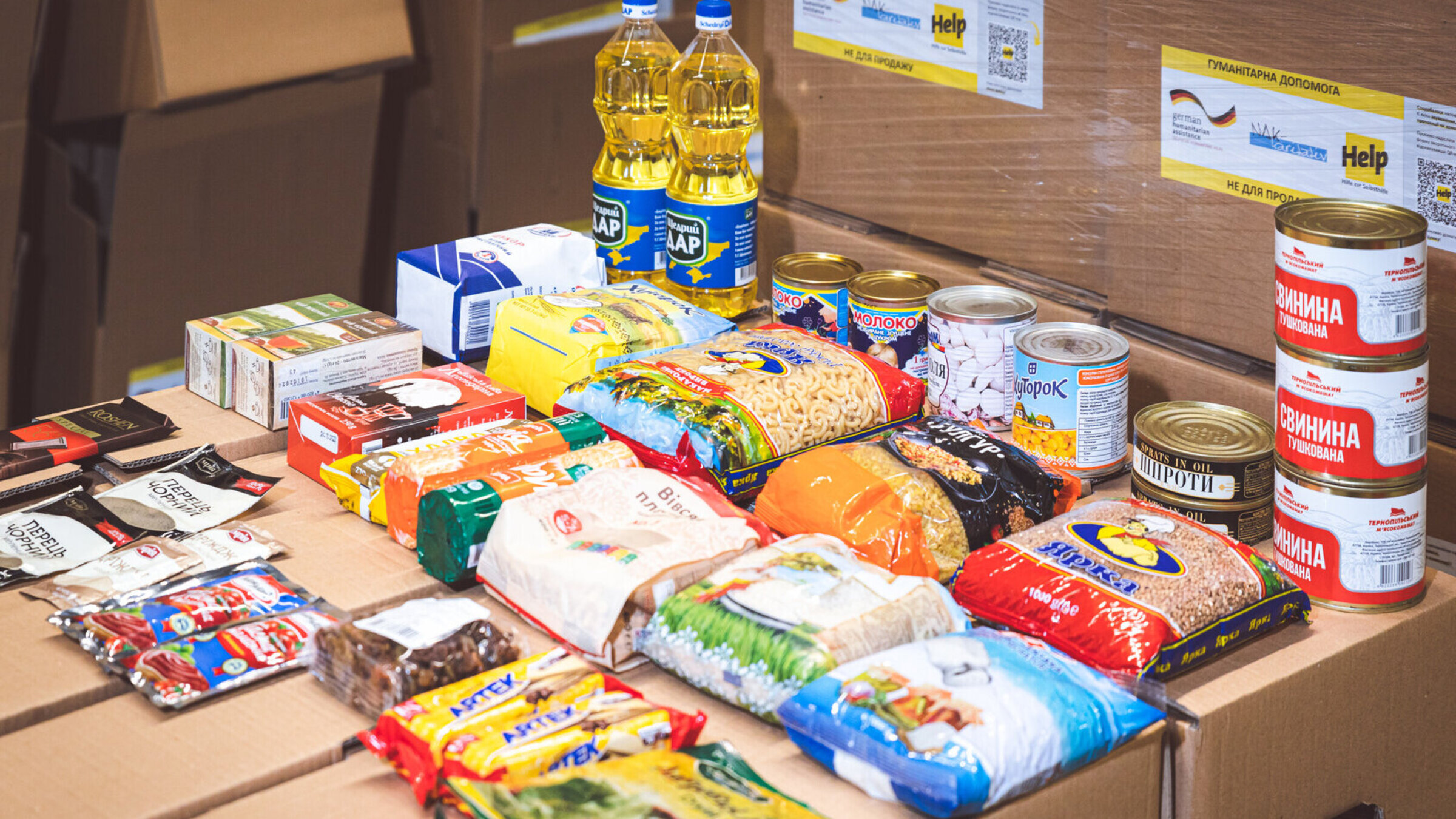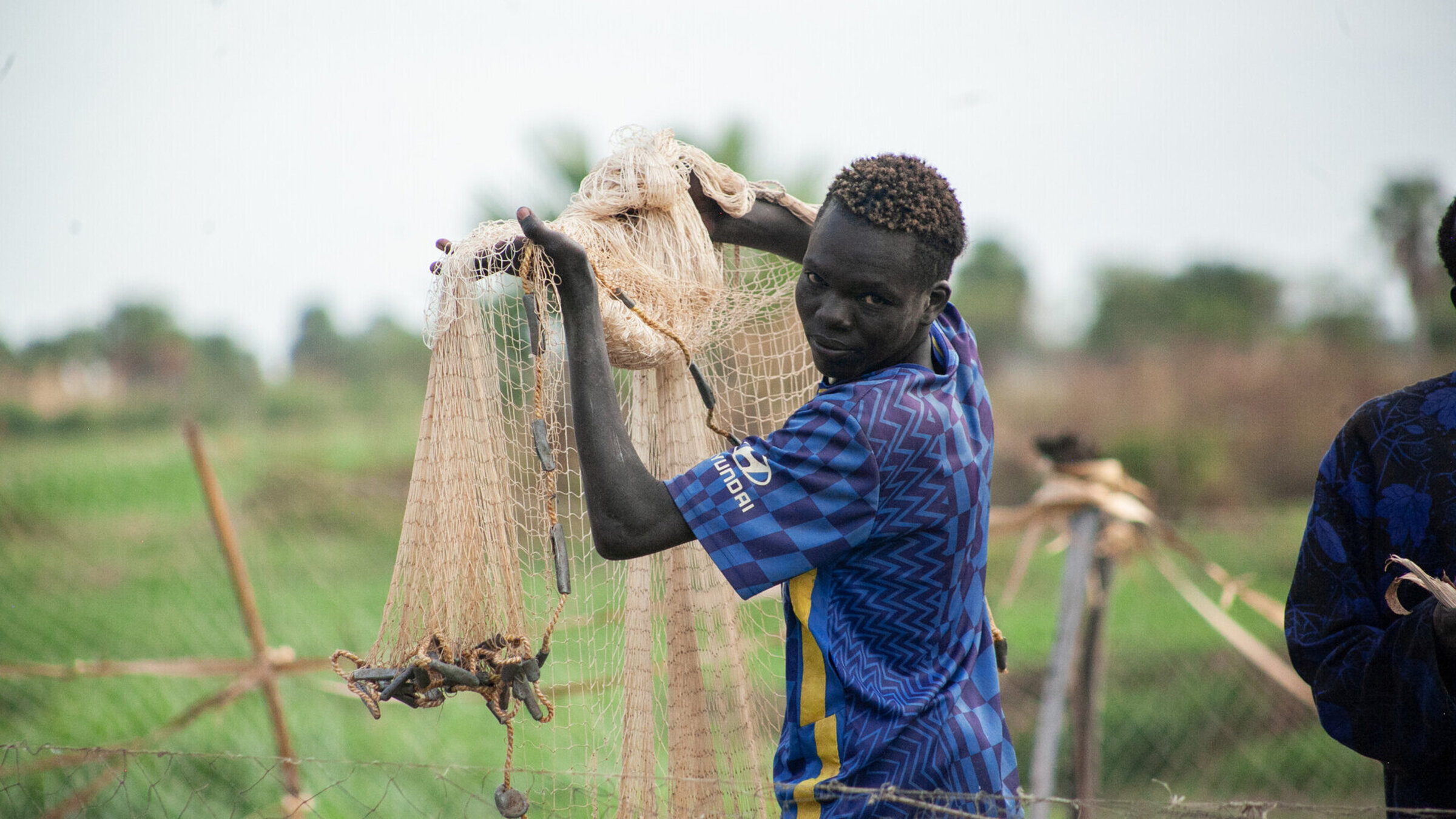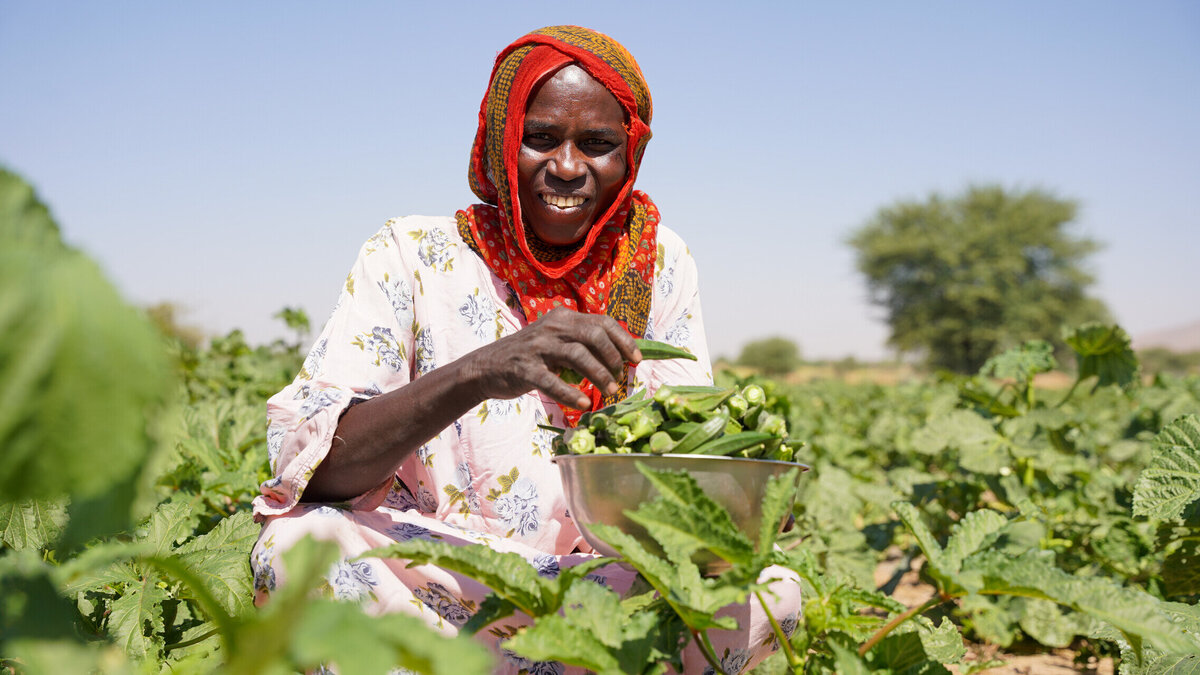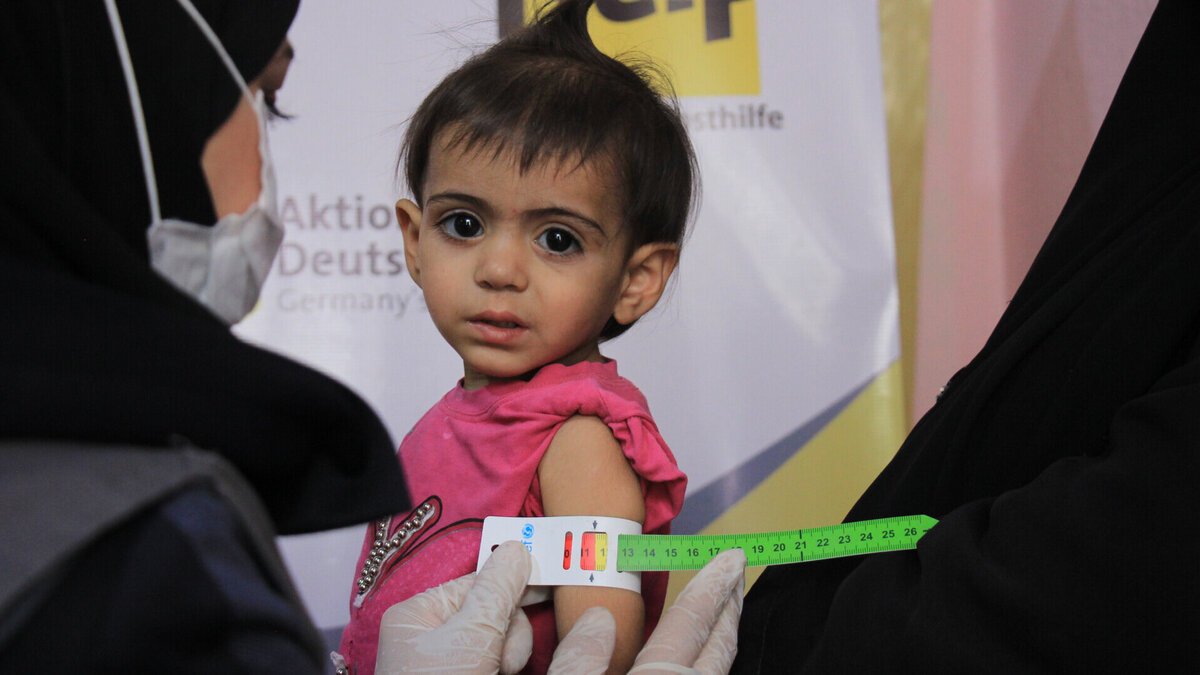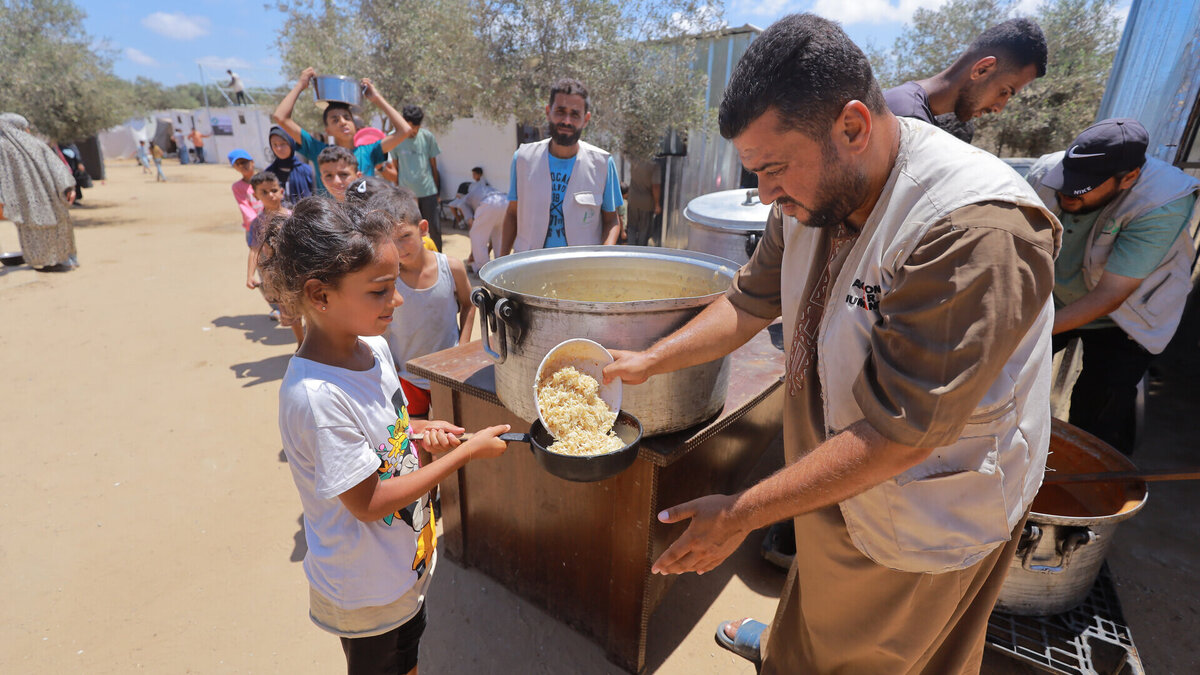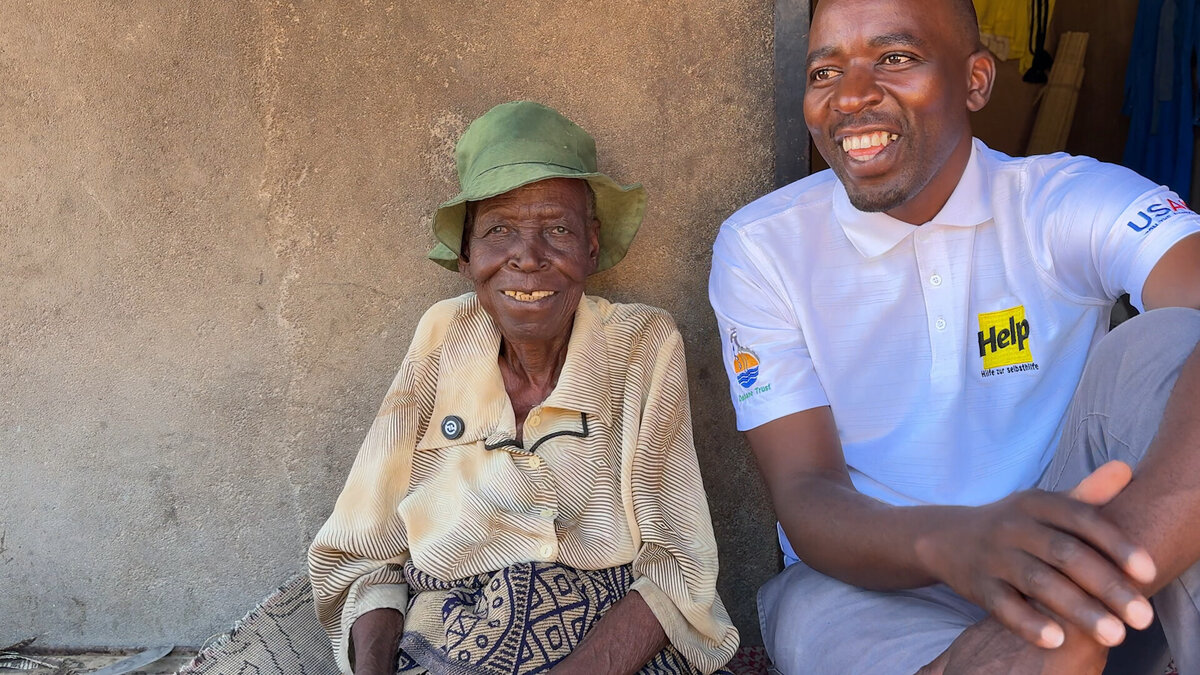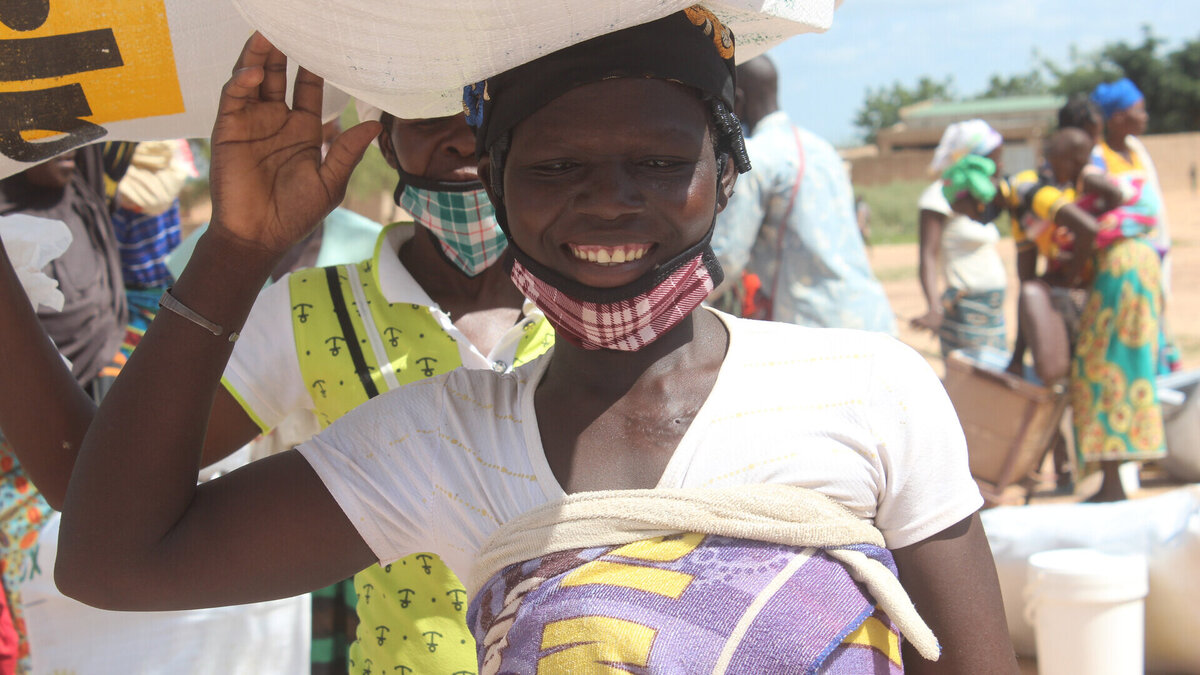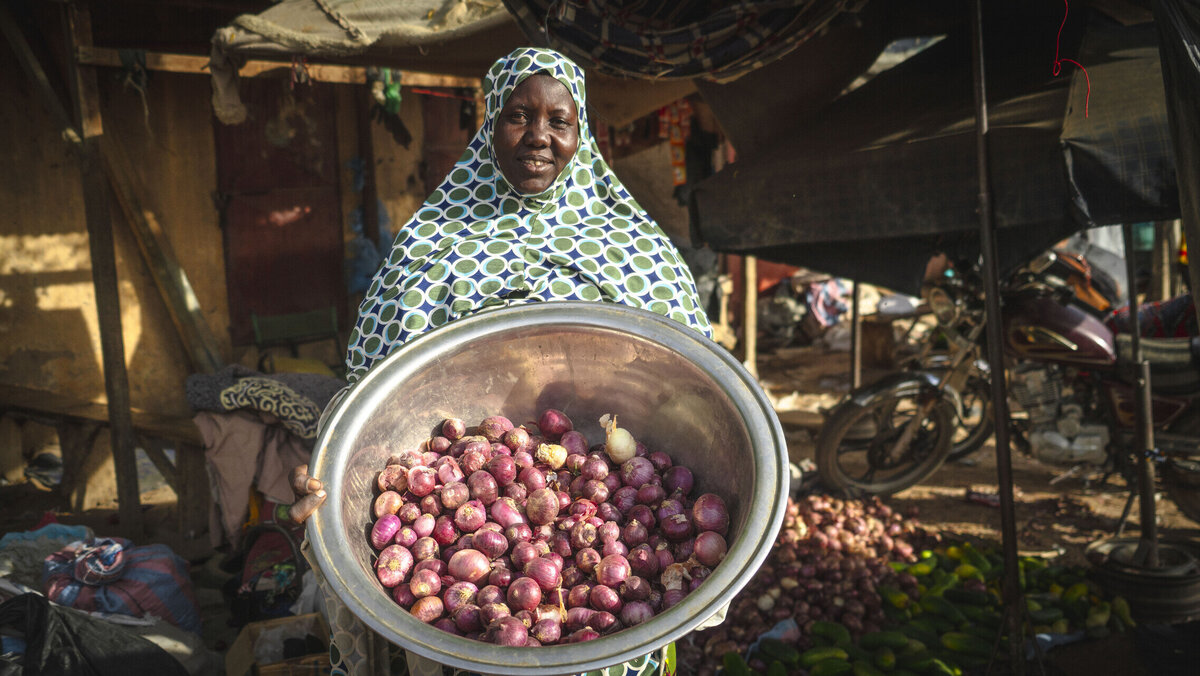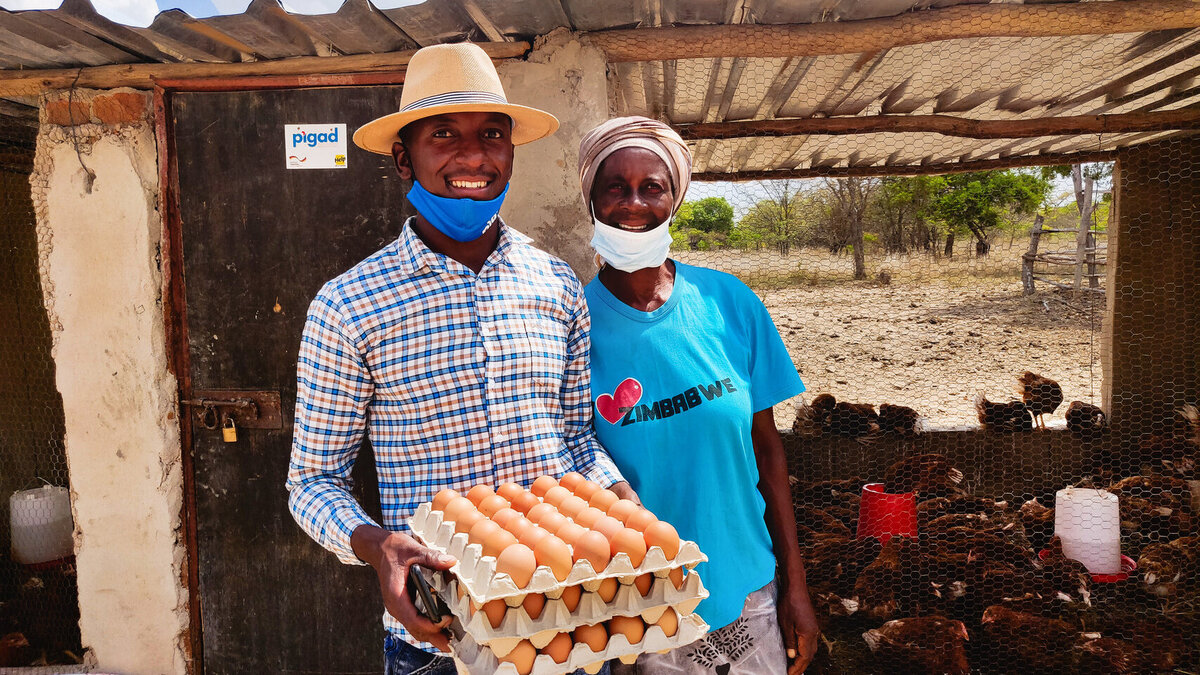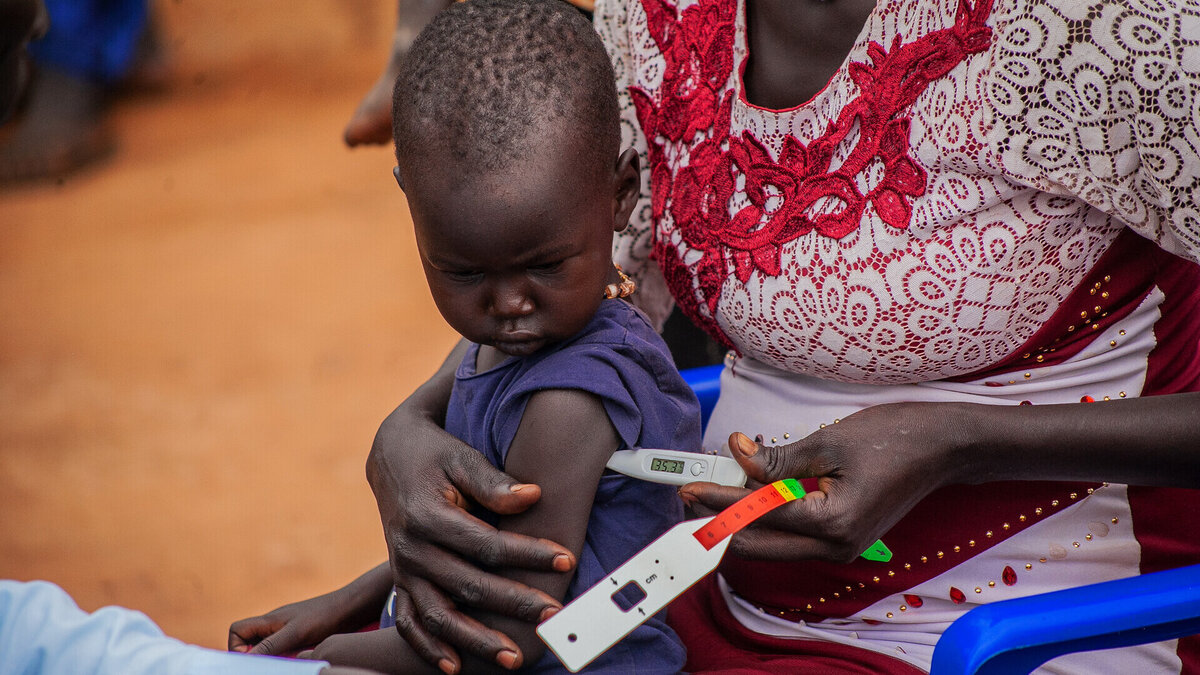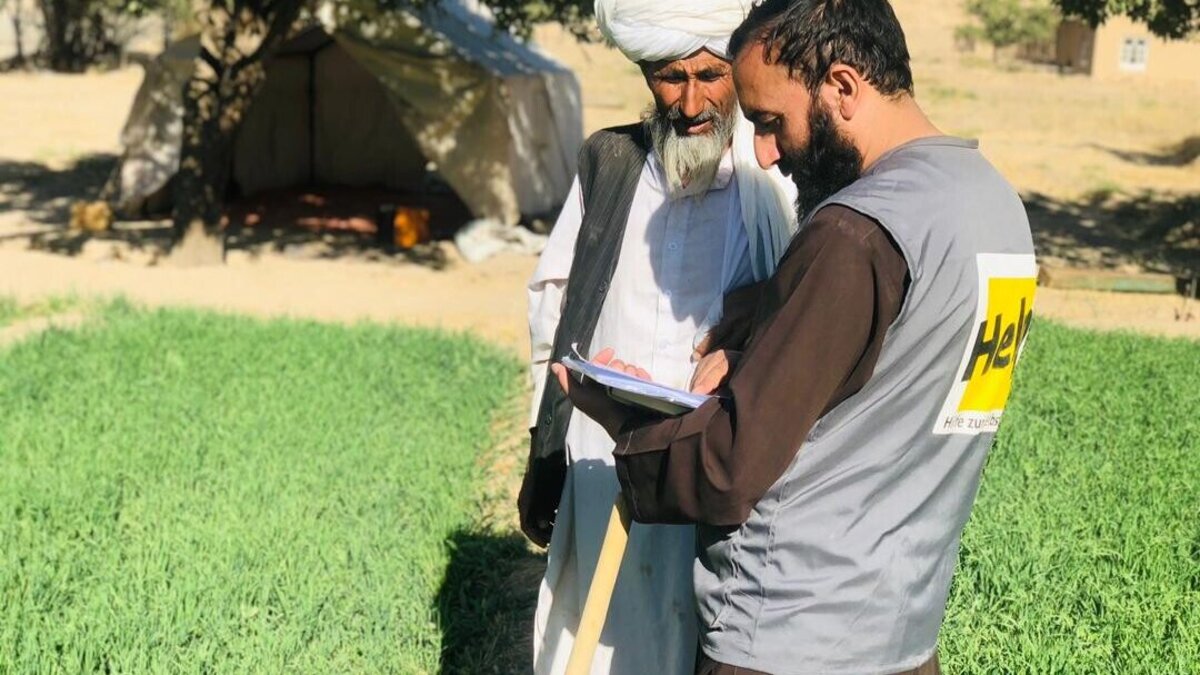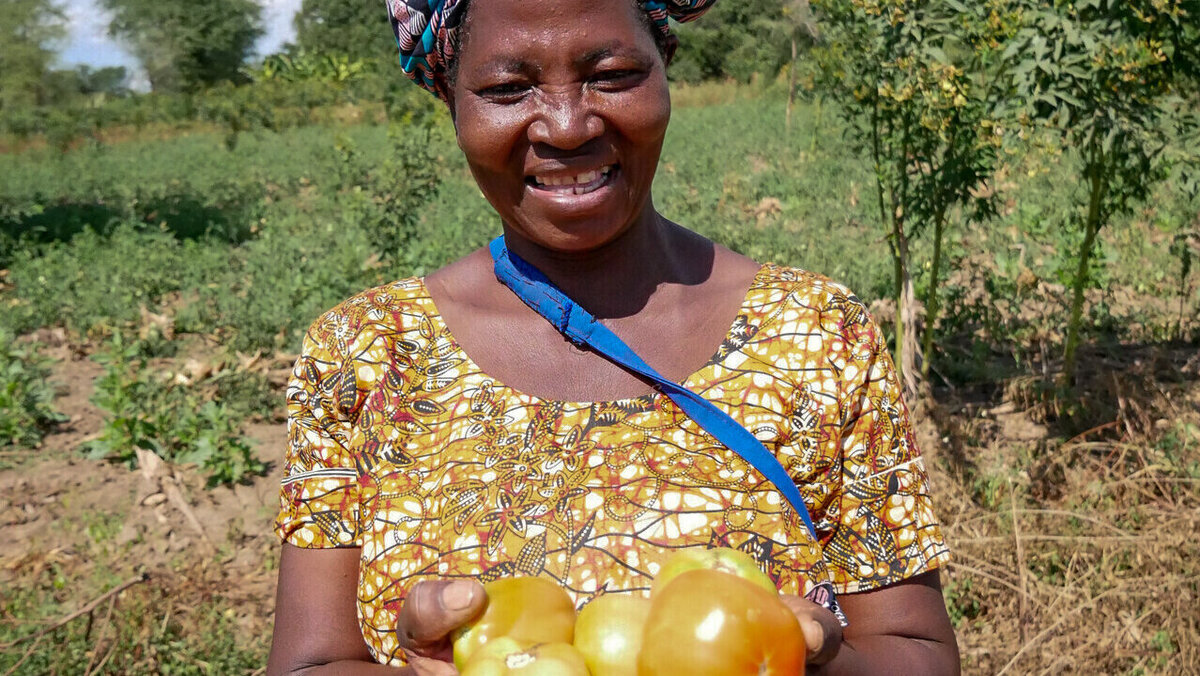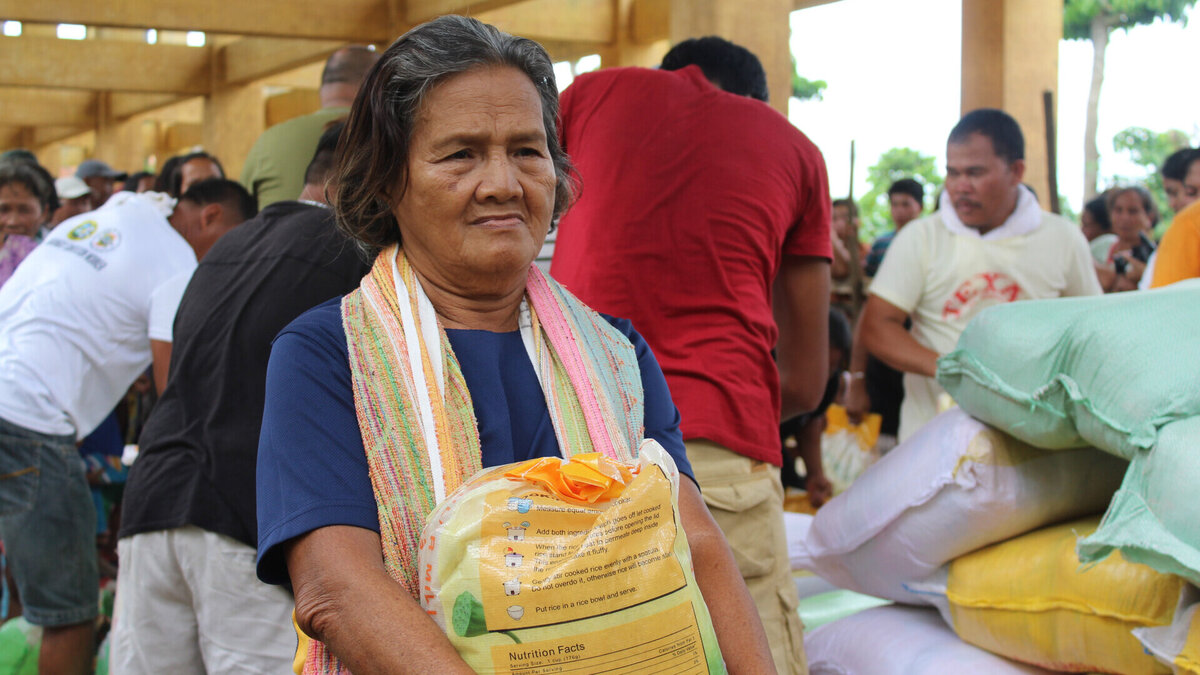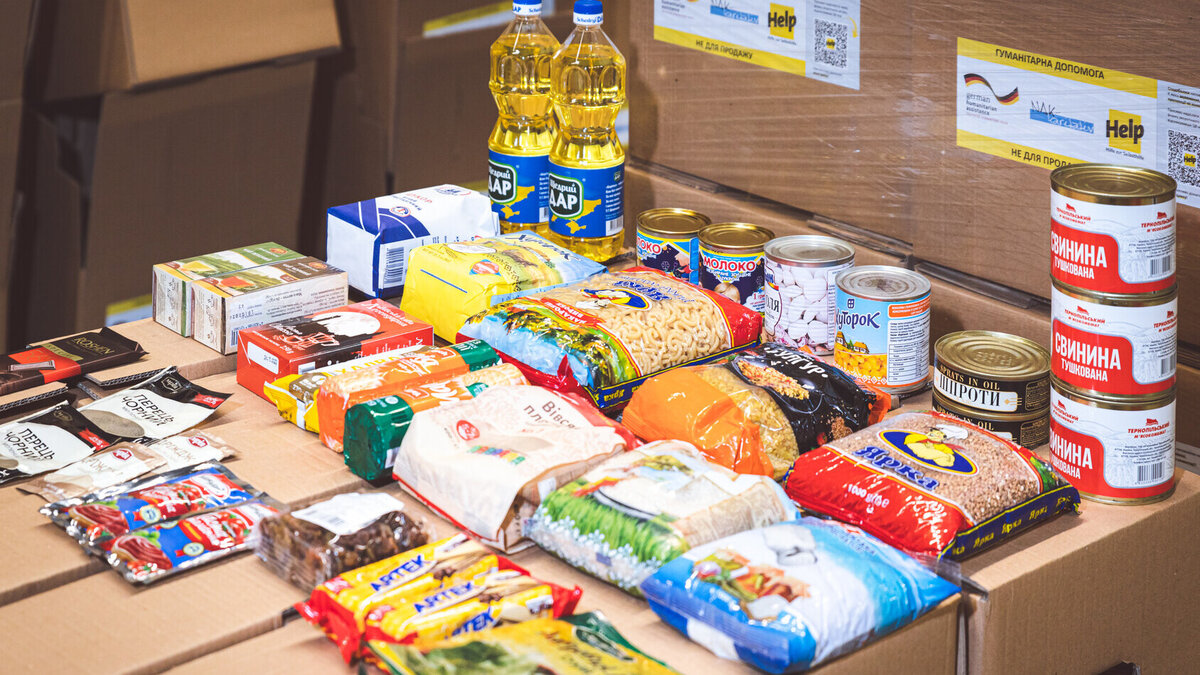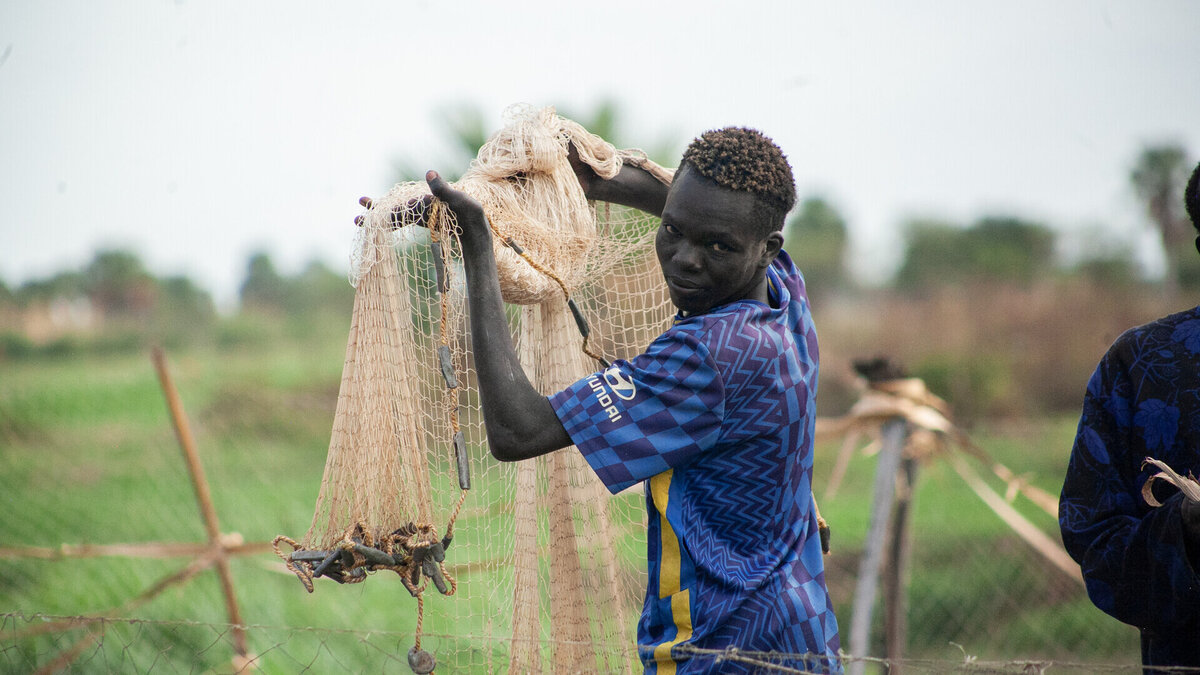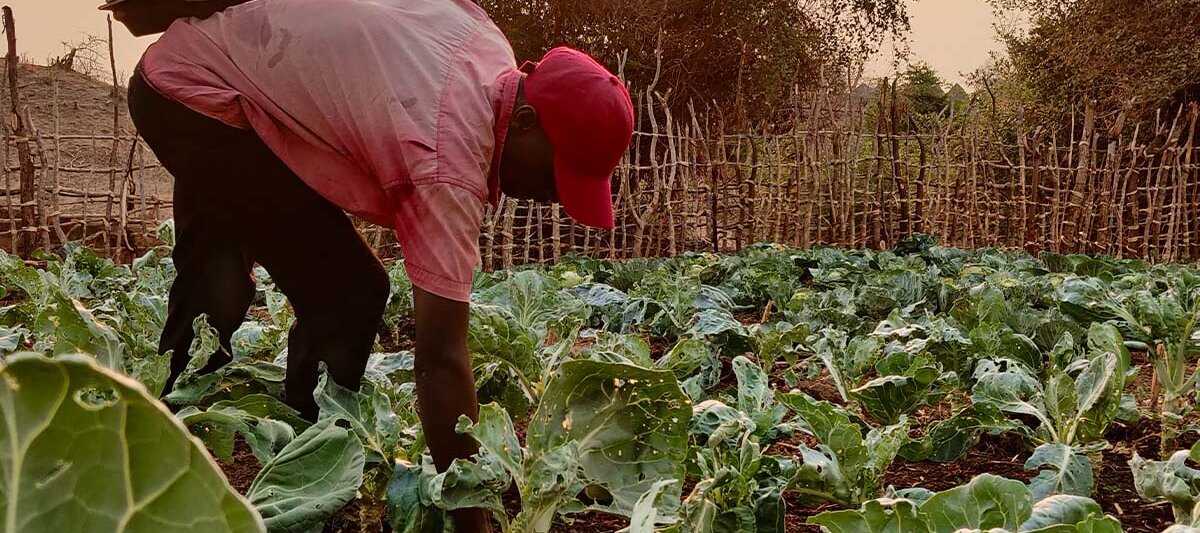Donate against hunger
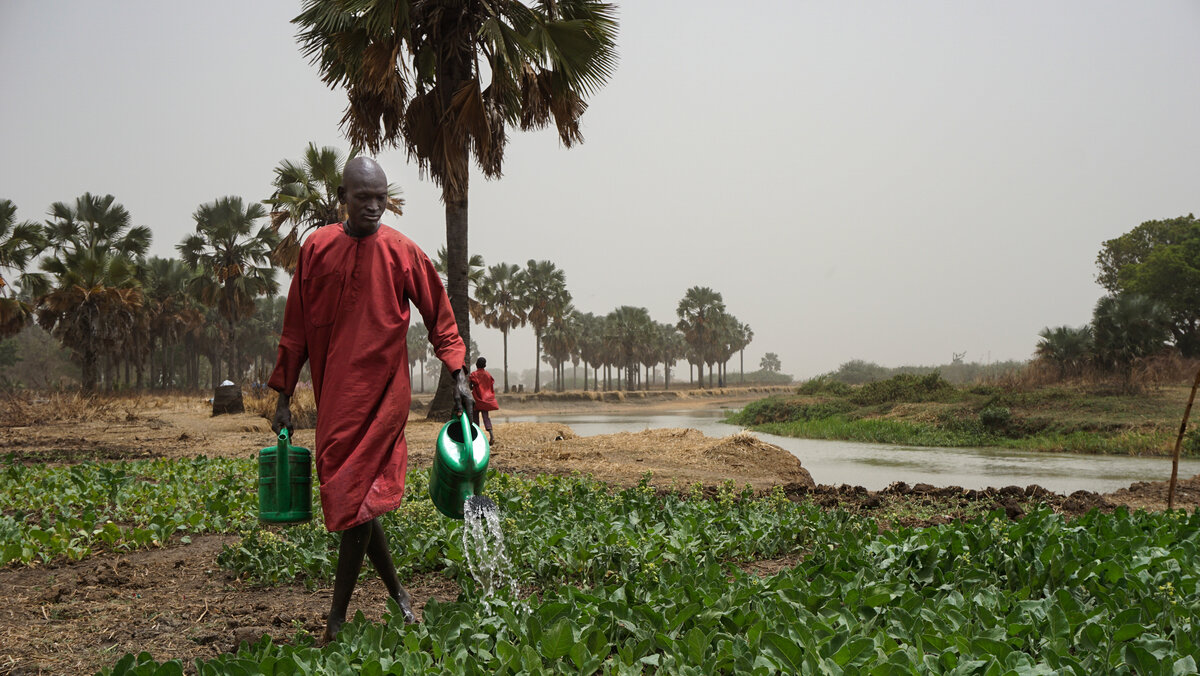
Fighting hunger
One in eleven people does not have enough to eat. Causes such as poverty, conflict and the climate crisis mean that more and more people are going hungry - even though there is actually enough food for everyone.
Help is committed to fighting undernourishment and malnutrition worldwide by providing acute aid and sustainably promoting agriculture in many regions. Help us to secure food worldwide - with your donation against hunger!
Hunger is growing rapidly
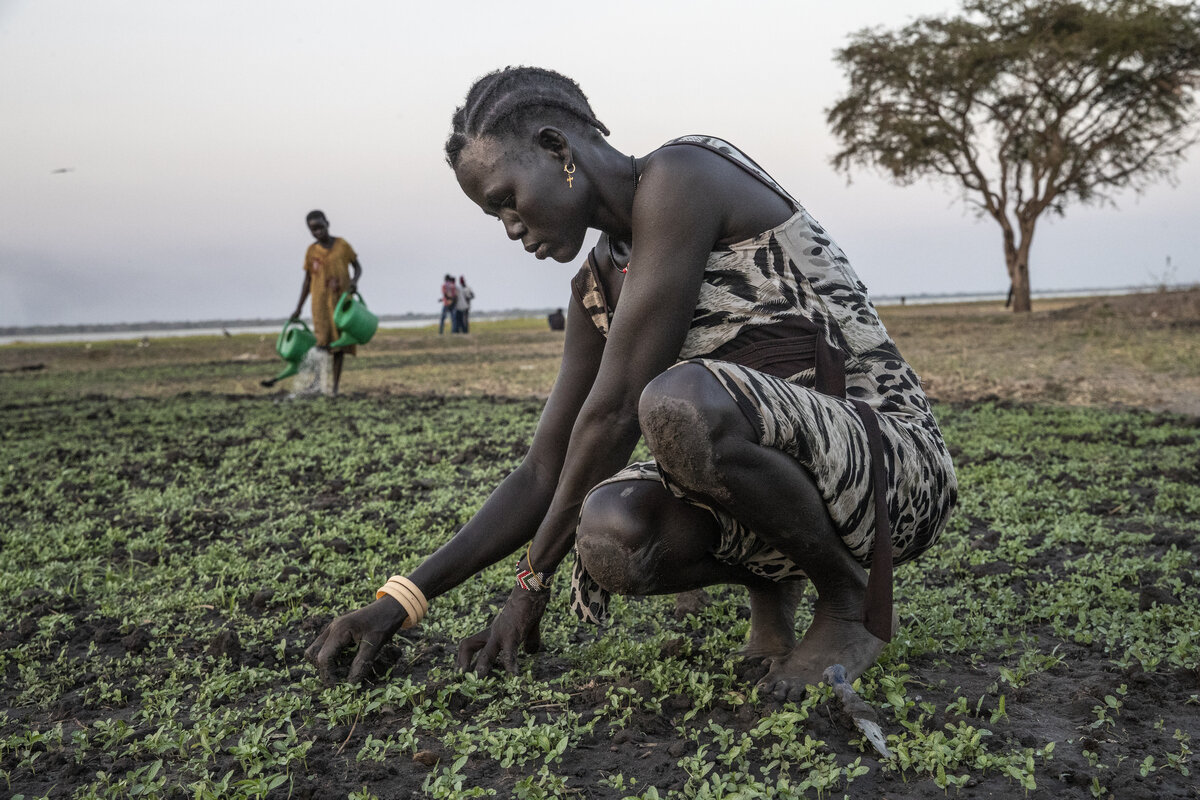
In 2023, around 733 million people worldwide did not have enough to eat, including millions of children. The greatest need is in Africa and Asia's rural regions, where the effects of the climate crisis and conflicts are particularly noticeable. The Middle East in particular is currently affected, with famine looming in the Gaza Strip, for example.
The reasons for hunger are increasingly due to the effects of the climate crisis: In many places, devastating droughts and floods are destroying entire harvests. For many farmers, adapting to climate change is a major challenge. Above all, they lack resources such as climate-resistant seeds or suitable cultivation methods.
In addition, more and more people are being forced to flee their homes and are losing access to food as a result. In such cases, fields cannot be cultivated or harvested.
The consequences of hunger are devastating: people fall ill more quickly, their bodies and minds are less productive. Child mortality is rising rapidly. Millions of children under the age of five are particularly at risk worldwide, as malnutrition at this age can cause severe developmental damage.
Definition: Hunger
Acute hunger occurs when there is malnutrition for a limited period of time. This is the most extreme form of hunger, which can lead to famine and usually occurs as a result of natural disasters (e.g. earthquakes, tsunamis, hurricanes), climate change (droughts, heatwaves, heavy rainfall) and wars. Such crises often affect people who are already living below the poverty line.
People who are permanently malnourished suffer from chronic hunger. This means that the body takes in less food than it needs over the long term. Chronic hunger is often referred to as a forgotten crisis: The media report almost exclusively on acute hunger crises and famines, whereas most people suffering from hunger are permanently malnourished.
Hidden hunger describes a form of malnutrition in which people consume sufficient calories but are affected by a lack of nutrients. This is caused by an unbalanced diet or an increased need for micronutrients, for example during pregnancy or illness. As a result, the body absorbs too few vitamins and minerals such as iron, zinc and iodine.
The consequences of hidden hunger are particularly severe in children under the age of five, as they are unable to develop properly physically and mentally. In the long term, this malnutrition leads to serious illnesses. According to the United Nations, around two billion people are affected by hidden hunger.
How does Help contribute to food security?
Fighting hunger in the long term and ensuring food security
![[Translate to English:] Spenden gegen Hunger: "Pfumvudza"-Methode in Simbabwe Ein Mitarbeiter von Help auf einem Feld](/fileadmin/_processed_/7/2/csm_spenden_simbabwe-landwirtschaft-und-einkommen__9__2022_8f83f9582b.jpg)
For Help, sustainability in food security means focusing on different factors. We support farmers by
- teaching profitable and environmentally friendly farming methods,
- offering training in basic economic skills,
- creating a functioning infrastructure
- and teaching how surplus food can be sold at a profit.
We always work according to our guiding principle of helping people to help themselves and are in close contact with local partners.
The road to a world without hunger is a long one. The first step is to create the necessary conditions: Irrigation facilities, seeds, tools and fertilizers must be provided. We then provide training on sustainable farming methods and economic principles.
In acute situations such as a hunger crisis or famine, Help ensures that those affected are supplied with energy-rich food. Our aid focuses in particular on malnourished infants, mothers and pregnant women.

